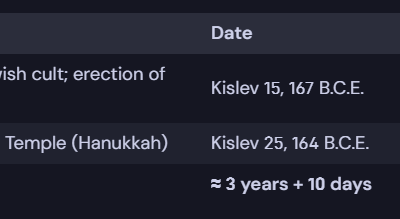Reason #2 – Historical Context and Audience
Revelation was written to Christians living under Roman rule in the first century, addressing their immediate concerns about loyalty to God versus participation in Roman imperial worship. Remember, if we are following the historical-grammatical method of interpretation, the ONLY approved method of interpretation by the SDA Church, the original audience was primarily focused on resisting the pressures to conform to the emperor’s cult and idolatrous practices, rather than issues related to Sabbath observance. At that time, Sunday worship was not universally enforced within the Roman Empire. Although Emperor Constantine issued the first civil decree mandating Sunday rest in 321 CE, this occurred several centuries after Revelation was written and was not universal but only affected Constantine’s empire. Therefore, linking the ‘Mark of the Beast’ to Sunday worship retroactively imposes a historical development that did not exist in the context of the first-century audience.
As a point of reference, Constantine’s ‘Sunday’ mandate isn’t even a mandate for the type of worship that Seventh-day Adventists advocate for. Historically speaking it was actually Rabbi Hillel II that changed the Jewish Sabbath in 359 AD from the Lunar Calendar to the fixed week Sabbaths.
These events are well-documented in both Roman and Jewish historical records. Denying them would be similar to denying major historical events like World War II or the fall of the Roman Empire simply because you didn’t personally witness them. While some unofficial representatives of the Roman Catholic Church may claim that the Church changed the Sabbath, the official stance of the Catholic Church is that the Sabbath was never changed but rather became obsolete. In 359 AD, Hillel II made adjustments to the Sabbath calendar because the Sanhedrin, the official Jewish body responsible for determining the start of each new month based on the first sighting of the New Moon, had recently been disbanded. [1]
So, to be clear, claiming that the Mark of the Beast is Sunday Worship overlooks the original message of Revelation, which emphasizes allegiance to God over allegiance to oppressive worldly powers and seeks to reassure persecuted Christians of God’s ultimate victory over evil. In its historical context, the Mark of the Beast symbolizes spiritual allegiance rather than specific practices or regulations imposed in later centuries.
[1] “Eight Day Versus Seven Day Week – 321 AD – Constantine – Hillel II,” pdf, accessed January 22, 2025, https://acrobat.adobe.com/id/urn:aaid:sc:US:b79d4e7d-cc8c-4458-a3ff-ca871b9a6a8e.



0 Comments